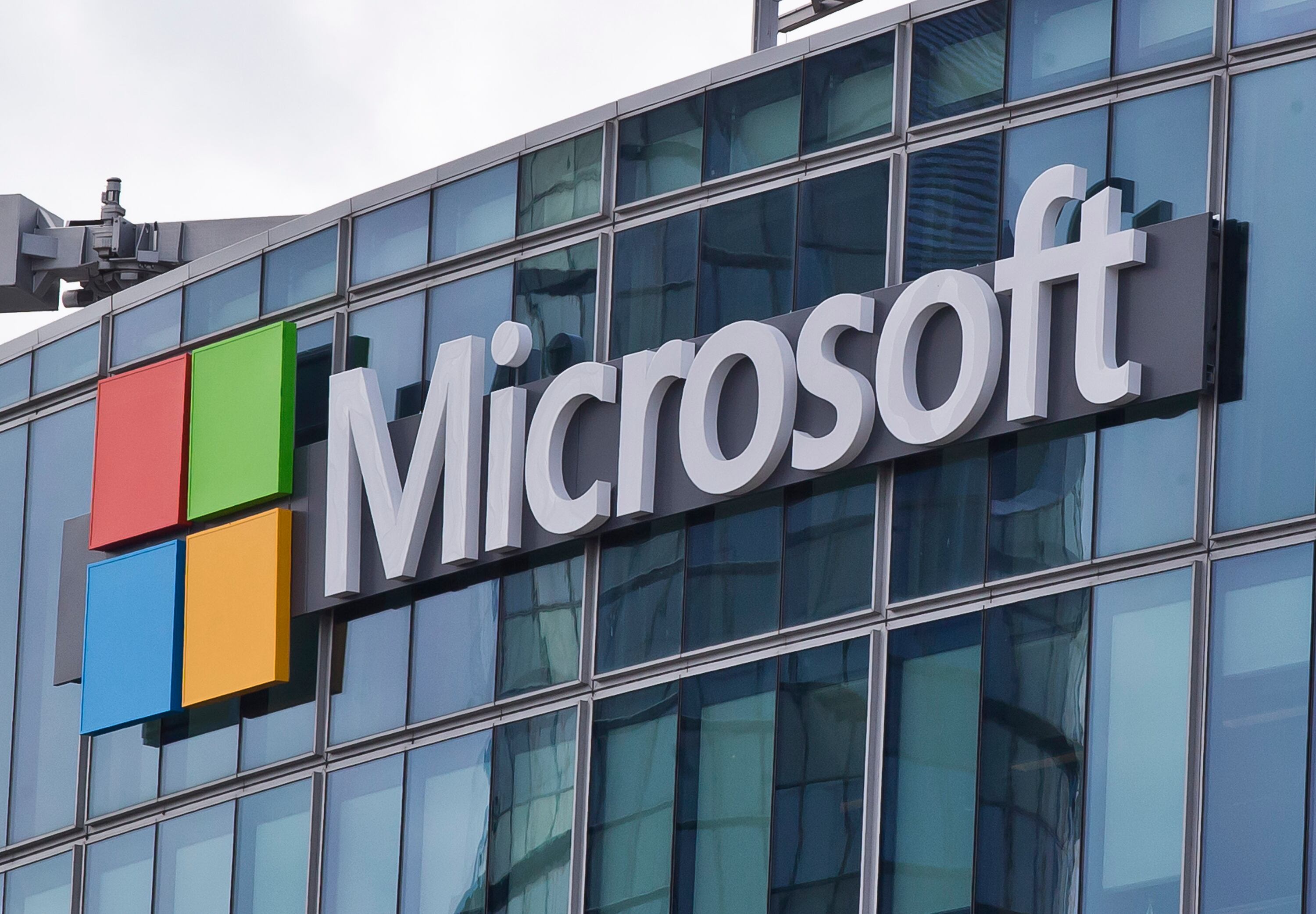
Armin Haracic
Connect
All Stories By Armin


Small business fraud could mean big fine for government contractor
For trying to steal $580,000 from a subcontractor, a Tennessee man awarded a General Services Administration contract faces a $5 million fine.

Energy Regulatory Commission cybersecurity found to be in good shape ... for the most part
The OIG showcased a recent security incident involving FERC’s cybersecurity program as a cause for concern.

GSA announces winners on 2nd generation GWAC for veteran-owned businesses
Out of almost 190 proposals, GSA picked 70 veteran-owned small businesses to join the VETS 2 contract vehicle.

Why federal employees are leaving the Trump administration
A growing discontent with the direction of the Trump administration has compelled some federal employees to leave their position. The Huffington Post published an interview with four such former bureaucrats on Oct. 25, illustrating the specifics, from personal to policy, as to why the Trump administration was not for them.

Microsoft drops government gag-order lawsuit against DOJ
The decision comes as a result of the Department of Justice reforming its digital privacy policy.

Quarter of emails claiming to be from feds are malicious, unauthenticated, says cyber firm
Some 25 percent of emails claiming to be from the federal government are either unauthenticated or malicious, according to a new report from cybersecurity firm Agari.

TSA’s agile modernization plan is clunky, overbudget and behind schedule
The TSA had intended to incorporate agile software development, yet the agency failed to define key roles and responsibilities, implement automated capabilities and prioritize system requirements for the effective usage of agile, according to GAO.

Microsoft adds classified, blockchain, more to government cloud platform
At its annual Government Cloud Forum, Microsoft announced new advances for its Azure Government program, a U.S. government based cloud system.

OIG: Energy Department’s cybersecurity needs improvement
The Department of Energy responded to more than 18,000 potential cyber incidents in fiscal year 2017, prompting a need for DOE to enhance its overall security posture, according to a recent independent evaluation.

DHS issues mandate for agencies to beef up their email, web security
DHS plans for agencies to adopt email and web security standards akin to ones found in the private sector, specifically when it comes to phishing emails, spam minimization and the protection of the confidentiality and integrity of internet delivered data.

Meet the winners of the 2017 SAMMIES awards
Meet the winners of the annual Samuel J. Heyman Service to America Medals, the Oscars of federal service.
Featured Video
Senator blocks VA nominees after staffing cut plans | Defense News Weekly Full Episode 4.5.25
Arizona Senator and Marine veteran Reuben Gallego pushes back against what he says are ‘arbitrary’ cuts to VA staff, placing a hold on nominees to the agency.
0 seconds of 23 minutes, 42 secondsVolume 0%
Press shift question mark to access a list of keyboard shortcuts
Keyboard Shortcuts
Shortcuts Open/Close/ or ?
Play/PauseSPACE
Increase Volume↑
Decrease Volume↓
Seek Forward→
Seek Backward←
Captions On/Offc
Fullscreen/Exit Fullscreenf
Mute/Unmutem
Decrease Caption Size-
Increase Caption Size+ or =
Seek %0-9
Live
00:00
23:42
23:42


